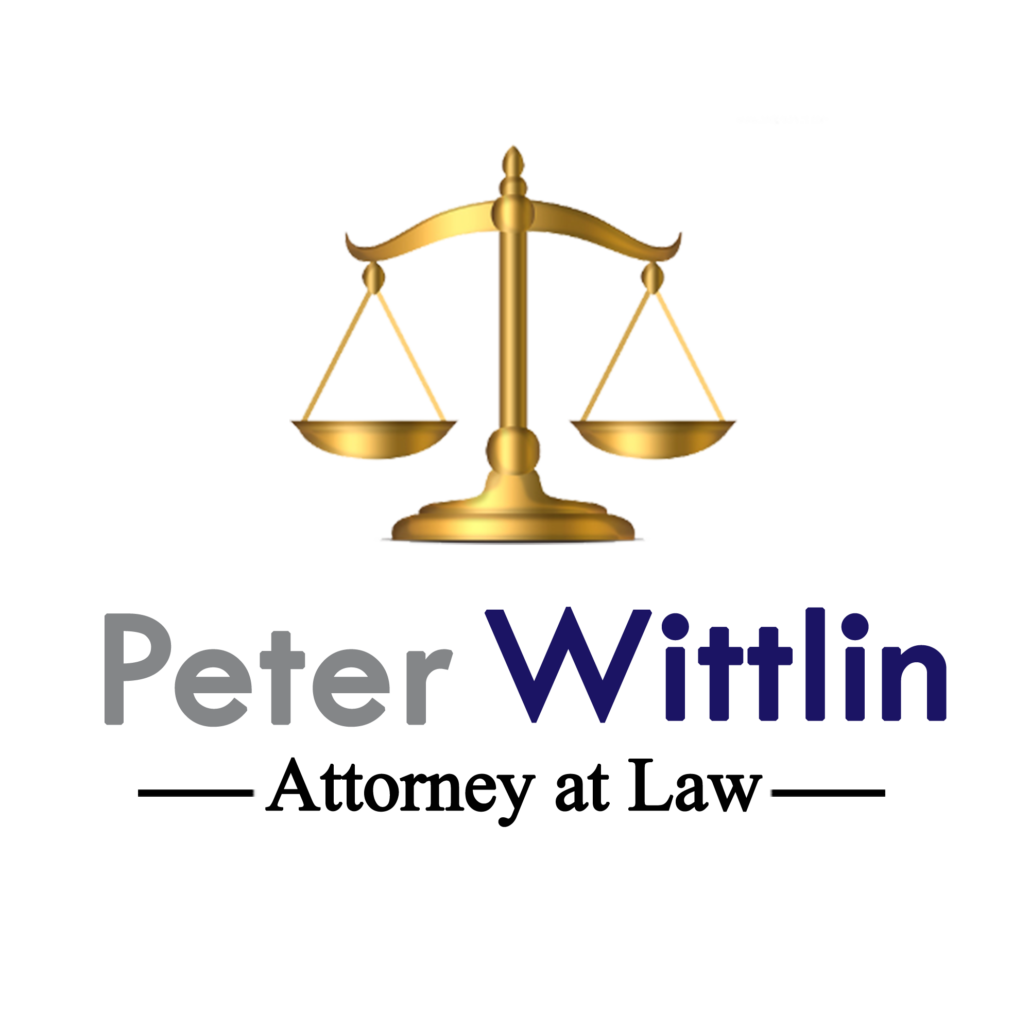The period following a loved one’s death can be very painful and confusing. Often times, it also happens that family members have very different ideas about the deceased’s final wishes. The repercussions of this can be overwhelming; they also merit the obtaining of solid legal assistance. This is why there’s a category of law designed specifically to address these types of issues: probate law. Let’s discuss what probate law is… and isn’t.
What is Probate Law?
Probate law and the probate process interpret the instructions of the deceased party — via their will — and administrate the distribution of the deceased person’s estate accordingly. The probate period typically takes several months and is subject to both court and attorney costs.
Central to this formal, legal process is the procedure whereby the will of the deceased is “proved to be valid.” Once this critical requirement has been fulfilled, the deceased’s property and assets can then be retitled and transferred to the beneficiaries of the will.
An obvious question is, “What if the deceased did not construct a will?” In this case, beneficiaries are designated by state law.
Technical Aspects of Probate Law
Below are a few of the more technical aspects which comprise probate law:
Requires publication of legal notices. All creditors be notified at time of death.
Ensures creditors / remaining debts are paid (prior to distribution of deceased’s assets to individuals in will).
Determines an executor of the deceased’s will.
Institutes various regulations, including time constraints (i.e. time frames for filing and objecting to claims against the estate).
Evaluates the estate’s remaining tax obligations.
Misconceptions of Probate Law
The probate process is already complex enough, so avoid complicating it further by making decisions based on falsely held assumptions. Here are some common ones balanced by realities:
“I have to go through the probate process, there’s no getting around it.”
False: This process can be avoided through mechanisms such as living trusts.
“Once the courts get involved, I have no control over what happens next.”
False: Parties may challenge any aspect of probate law, including the validity of the will, status of the person serving as the deceased’s personal representative (i.e. executor/ executrix.) or whether the personal representative is properly administering the estate.
“Once the deceased determines their personal representative, that decision is final.”
False: Beneficiaries or heirs have the option of objecting to the personal representative named in the deceased’s will. When this occurs, a trial is usually held. During trial, objectors can offer evidence / testimony to convince the judge to overturn a will’s provisions.
The information above is intended as a brief primer on the often-times obscure workings of probate law. For an in-depth consultation regarding your specific situation contact Peter Wittlin via PeterWittlin.com today.
Sources:
